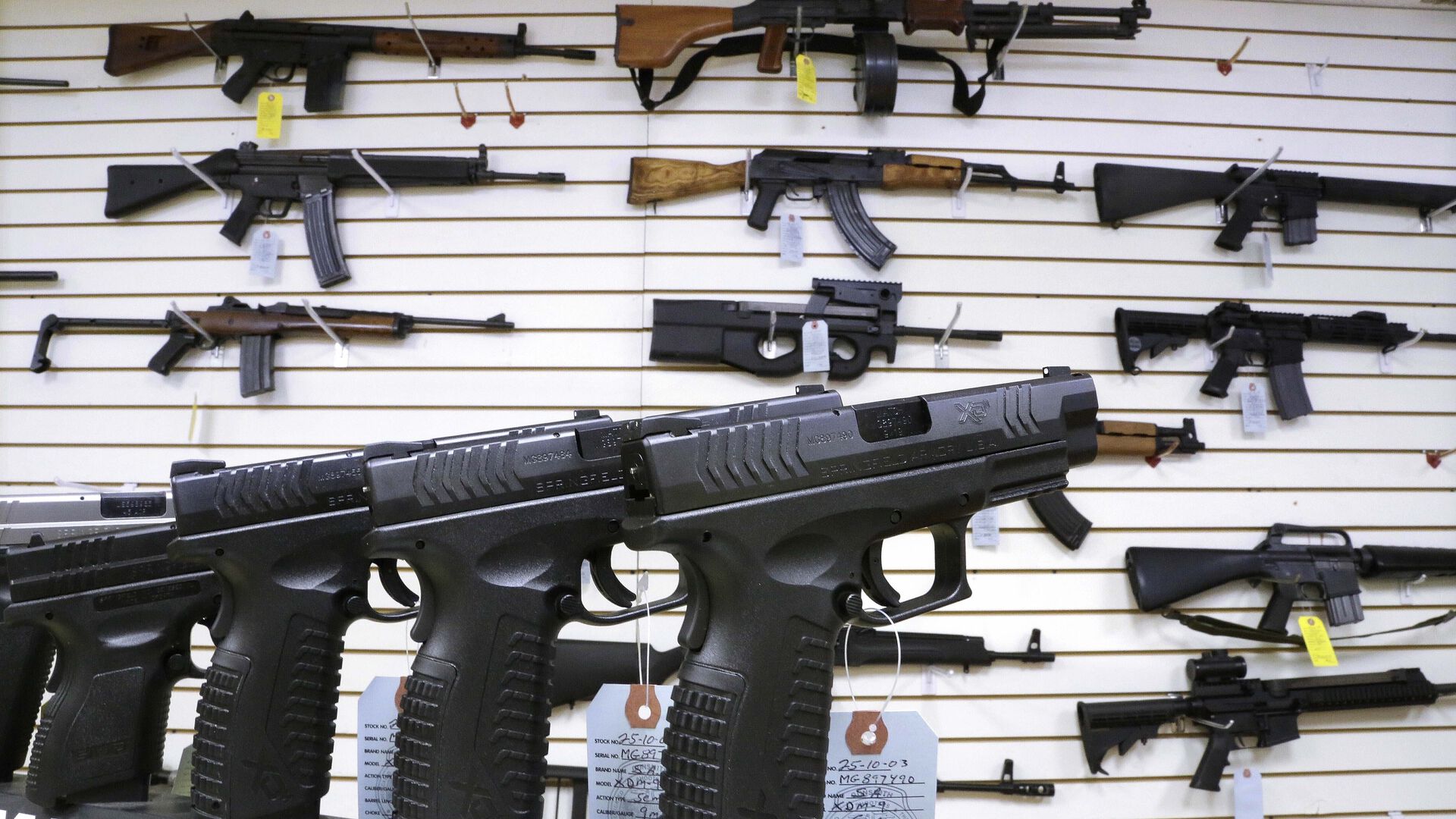The United States has experienced 226 mass shooting incidents to date this year, according to the Gun Violence Archive. In response, some states have found themselves examining their laws concerning firearms amid calls for gun control measures in the aftermath of these tragedies.
“Guns are the leading killer of children in America, and the numbers are rising – not declining. This is outrageous and unacceptable. Americans agree and want lawmakers to act on commonsense gun safety reforms,” President Joe Biden said in a statement. “I stand ready, as I always have been, to work across the aisle in good faith on federal legislation that will save lives.”
However, Second Amendment proponents have characterized these pushes as attempts by gun control advocates to use mass shootings as a political vehicle to restrict their constitutional rights. Across America, a complex tapestry of changes and challenges to gun legislation is unfolding.
“Inevitably when there’s a murder of this kind, you see politicians try to politicize it, you see Democrats and a lot of folks in the media whose immediate solution is to try to restrict the constitutional rights of law-abiding citizens,” Sen. Ted Cruz, R-Texas, told reporters following the mass shooting at an elementary school in Uvalde, Texas. “That doesn’t work. It’s not effective. It doesn’t prevent crime.”
States such as Minnesota, Illinois and Maryland have recently passed more stringent gun control measures. For instance, Minnesota approved a bill on Tuesday that mandates extensive background checks and introduces a red flag law. The red flag law enables authorities to request court orders to confiscate guns from individuals deemed potential misusers. This policy allows a judge to restrict a person’s Second Amendment rights even in the absence of a criminal record or mental health history so long as the court deems an individual a danger to themself or others.
“You are deprived of a constitutional right to protect yourself and your family until you prove that you are innocent,” Rep. Thomas Massie, R-Ohio, said of red flag laws. “This is ridiculous and unconstitutional.”
“This is not about taking guns away from people,” Rep. Sylvia Garcia, D-Texas, said. “This is about taking guns and keeping out of the hands of the wrong people.”
New York has been attempting to implement its own red flag law, which has faced legal challenges and is currently tied up in the courts. Meanwhile, Maryland recently implemented its own comprehensive gun control package, although it was ultimately met with its own challenges coming in the form of a lawsuit from the National Rifle Association.
Gun control advocates in Illinois celebrated a victory when the Supreme Court upheld the state’s ban on assault weapons holding more than 15 rounds. Similarly, last month, Michigan enacted a ban on most sales of assault-style weapons.
On the other side of the gun debate, in Nevada, newly elected Gov. Joe Lombardo, R, vetoed gun control bills passed by the Democrat-controlled state Legislature. These bills sought to raise the minimum age for gun ownership, restrict where guns may be carried, and prevent gun ownership by individuals convicted of hate crimes.
Recent developments in Nebraska and Florida have allowed people to carry concealed weapons in public without requiring a license-to-carry permit. In Alaska, the legislature voted to permit gun stores and gun shops to remain open during disasters, expanding access for residents of the state to purchase firearms.
Mass shootings have proven difficult to prevent in states with both lax and strict gun laws. Texas, for example, has been home to five of the 10 deadliest mass shootings in the country over the past eight years, while the state was assigned a Gifford Law Center gun law scorecard grade of an “F.”
However, the deadliest mass shooting this year occurred in California, despite the state having “the strongest gun safety laws in the nation” according to the Gifford Law Center.
The debate surrounding gun laws and rights in the United States continues to be highly contentious. As the nation grapples with the aftermath of numerous mass shootings, the push for stricter regulations continues to clash with the determination to protect individual gun rights.


